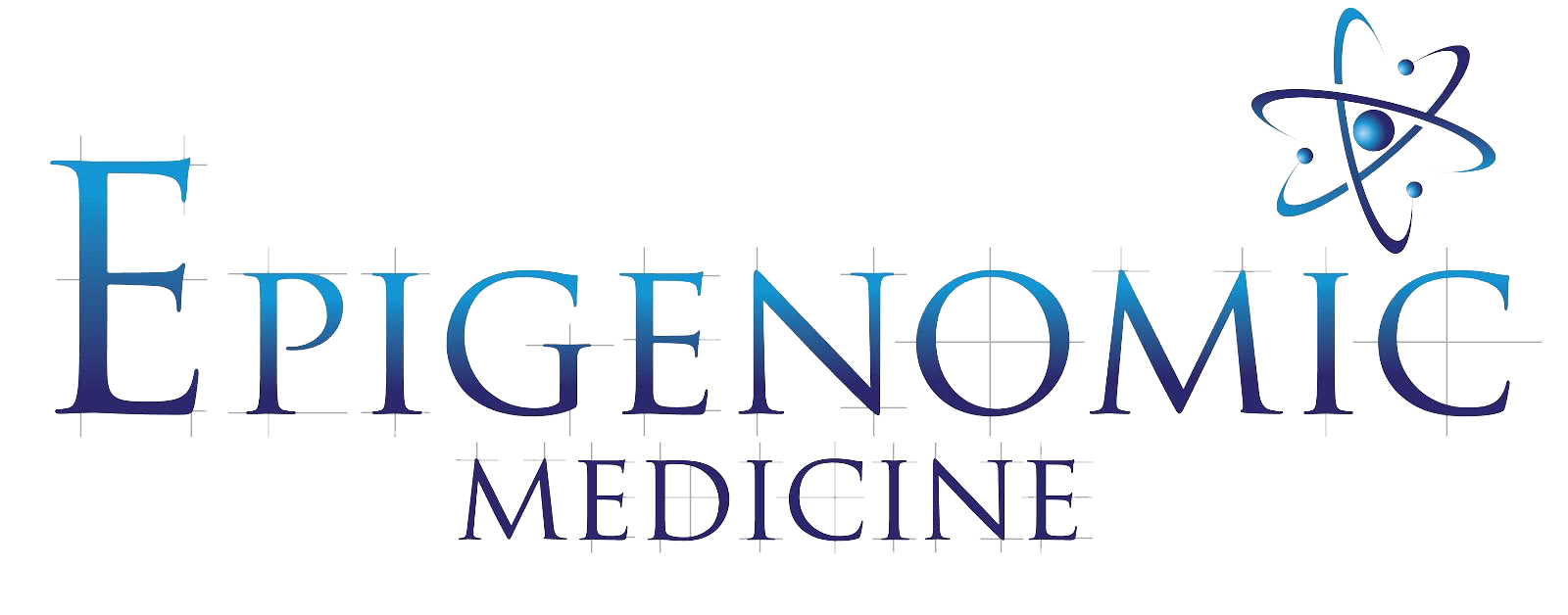to curb the spread of the virus and manage the ongoing pandemic. Unlike the traditional PCR tests that require time-consuming laboratory processes, antigen tests offer a rapid and cost-effective means of detecting active infections. This speed and accessibility are pivotal in controlling the virus’s transmission, making antigen testing an indispensable component of comprehensive testing strategies.
The primary advantage of rapid antigen testing lies in its quick turnaround time. These tests can deliver results in as little as 15 to 30 minutes, enabling swift identification of infected individuals. This rapidity is vital in isolating and treating confirmed cases promptly, breaking the chain of transmission and preventing further outbreaks. In scenarios where timely decision-making is paramount, such as at airports, schools, workplaces, and mass gatherings, antigen testing provides a valuable tool to make informed choices in real-time.
Moreover, the accessibility and simplicity of antigen tests enhance their utility. These tests can be administered in various settings, from healthcare facilities to makeshift testing sites, allowing for widespread deployment. Their ease of use also enables trained personnel, not necessarily medical professionals, to conduct the tests accurately, further expanding their reach. This is particularly advantageous in resource-limited areas where PCR testing might be logistically challenging.
In addition to their speed and accessibility, rapid antigen tests contribute to the overall testing capacity of a region. They can be employed for mass testing campaigns, enabling a more comprehensive assessment of community prevalence. This, in turn, facilitates better surveillance of the virus’s spread and assists public health authorities in devising targeted containment measures.
However, it’s important to acknowledge the limitations of rapid antigen testing. While highly specific, they may have lower sensitivity compared to PCR tests, potentially resulting in false negatives. Therefore, they are best suited for situations where speed is paramount, and positive cases can be confirmed with follow-up testing. Regular and repeated testing can also help mitigate the impact of false negatives.
In conclusion, the importance of rapid antigen testing in the battle against COVID-19 cannot be overstated. Their speed, accessibility, and ability to contribute to mass testing efforts make them a vital tool in identifying and isolating cases swiftly. By enabling quick decision-making and informed public health responses, antigen testing plays a pivotal role in breaking the chains of transmission, controlling outbreaks, and ultimately bringing an end to the pandemic. However, it’s essential to use these tests judiciously, in conjunction with other testing methods, to maximize their effectiveness and accurately assess the prevalence of the virus in communities.

